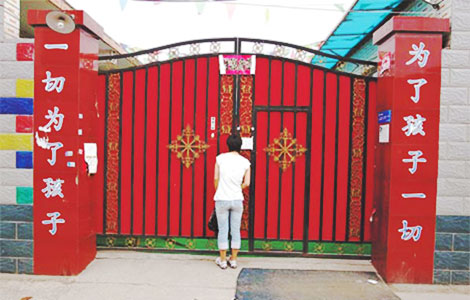Message from Manila
Updated: 2011-08-30 08:10
(China Daily)
|
|||||||||||
Philippine President Benigno Aquino III starts his first state visit to China today, with the aim of raising the level of bilateral relations by strengthening political, economic and cultural ties with China.
Against the flurry of disputes between the Philippines and China that have flared up in the past months over the South China Sea, such a reconciliatory stance is more than welcome. It signals that Manila is willing to work with Beijing to shore up the overall picture of healthy bilateral ties and the two sides will try to resolve their differences through discussion.
The fact that Aquino is accompanied by a big delegation during his four-day visit, most of them businesspeople, indicates that Manila wants to obtain a share of China's robust economic growth. Indeed, China's economic achievements in recent years present a golden opportunity for economic development in other countries, the Philippines included.
Manila should fully tap its vicinity to Beijing and devote more energy to expanding bilateral cooperation in trade and other fields. Statistics indicate that over the past decade the bilateral trade volume has increased more than 4.8 times, reaching $27.7 billion in 2010. Chinese investments in the finance sector in the Philippines topped $86 million.
These figures are clear indicators of the huge amount of common interests that exist between the two countries. These common interests will grow to an even higher level if both countries continue to steer their overall relationship onto stable terrain.
China has always attached great importance to cultivating good-neighborliness with Southeast Asian countries. At a time when Western powers are grappling with economic recovery, Southeast Asia continues to maintain a good momentum in economic growth. Prosperous trade ties between the two sides not only contribute to regional development, they also benefit the global economic recovery.
The common interests between the two sides far exceed the differences between them. In terms of the South China Sea issue, Manila should remain committed to the guidelines on implementing the 2002 Declaration on the Conduct of Parties in the South China Sea. The guidelines were agreed between China and the Association of Southeast Asian Nations (ASEAN) last month in Bali, Indonesia.
As a member of ASEAN, Manila should honor its commitment and refrain from making further provocative moves in the disputed waters. However, what has happened in the past month since the signing of the guidelines indicates Manila may have another agenda.
It continued to build a second construction on a disputed islet in the South China Sea. A week ago, Aquino hailed Philippine's newly acquired warship from the United States as a symbol of the country's determination to defend its claims in the disputed South China Sea.
These naturally raise doubts about Manila's sincerity in building stronger ties with China. Hence, the visiting president needs to prove he is serious about his words.
(China Daily 08/30/2011 page8)




